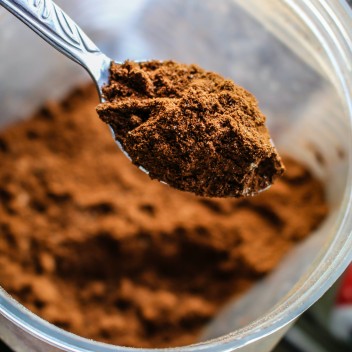For addressing the above mentioned issues, getting trustable information about the origin of coffee or cacao beans can be very interesting, as it allows conclusions to be drawn about the type of farming, adulteration risks, etc.
Some regions in the world may be connected with negative properties such as poor labor conditions, mix-up allegations, different legal strategy concerning organic farming or climate preservation (deforestation). Especially in developing countries child labor and slavery are still very present issues as well as smuggling. Thus, safeguarding provenance and keeping the value add of the sustainability and responsible sourcing standards of the supply chain is of profound importance.
By determining and interpreting the stable isotope ratios of carbon, nitrogen, sulfur, hydrogen and oxygen of the beans or the milled product, the so-called isotope fingerprint (consisting of all five ratios) is established which is characteristic for the sample and can be compared to reference data from reference samples from different regions or to a database. To achieve high geographical resolution and credible results, we use our databases, as well as our expertise and know-how to provide advanced customized origin testing by including more parameters.




